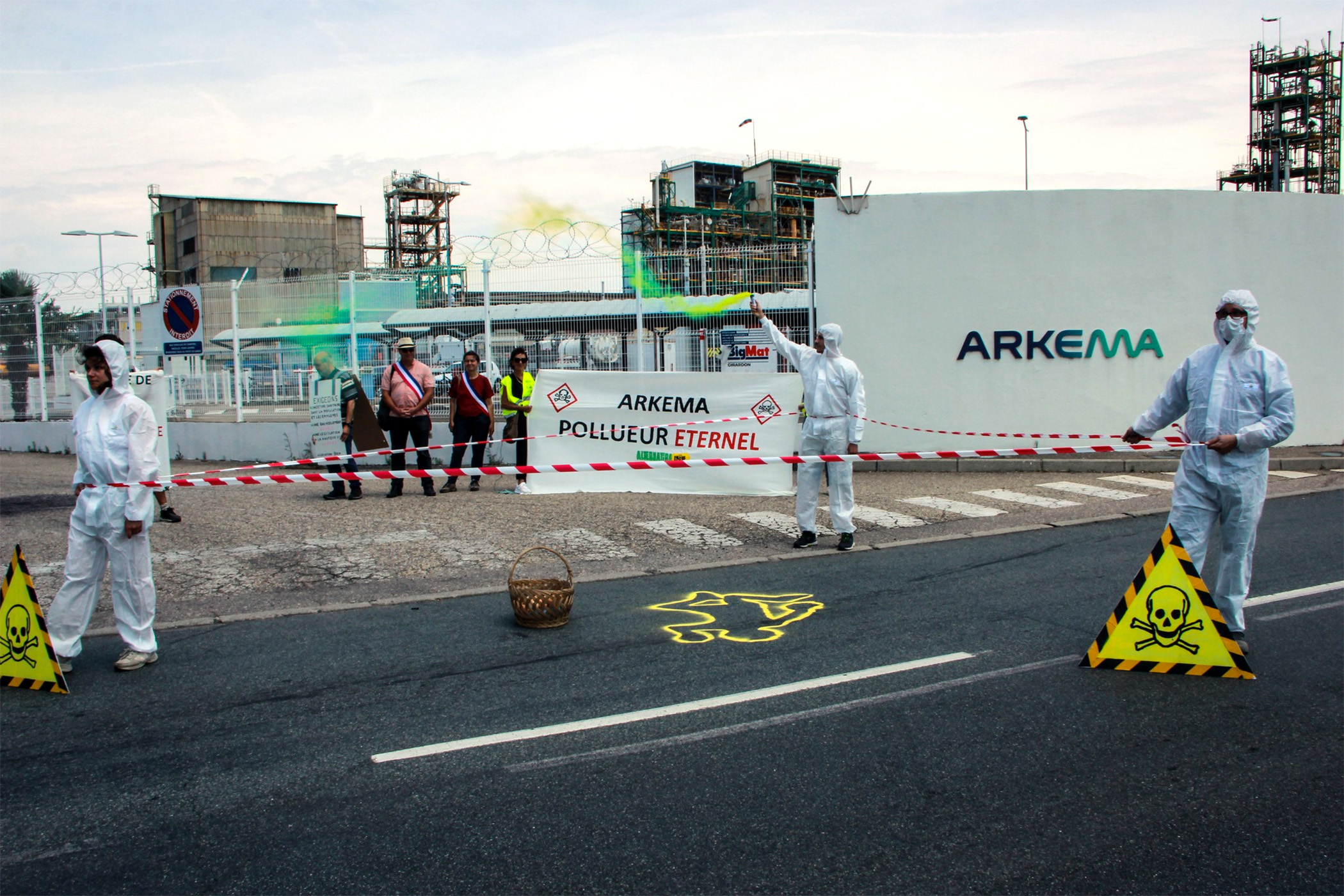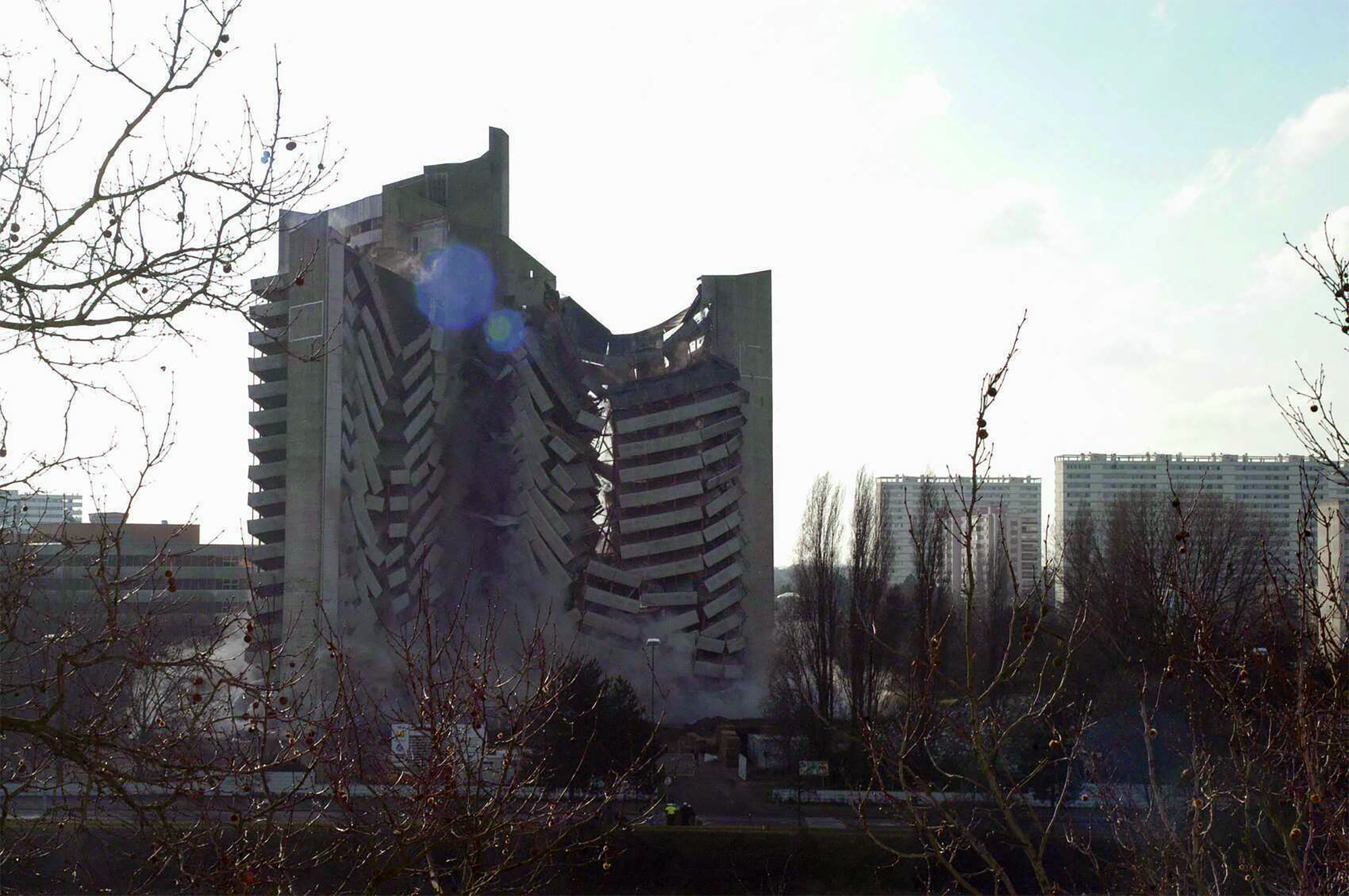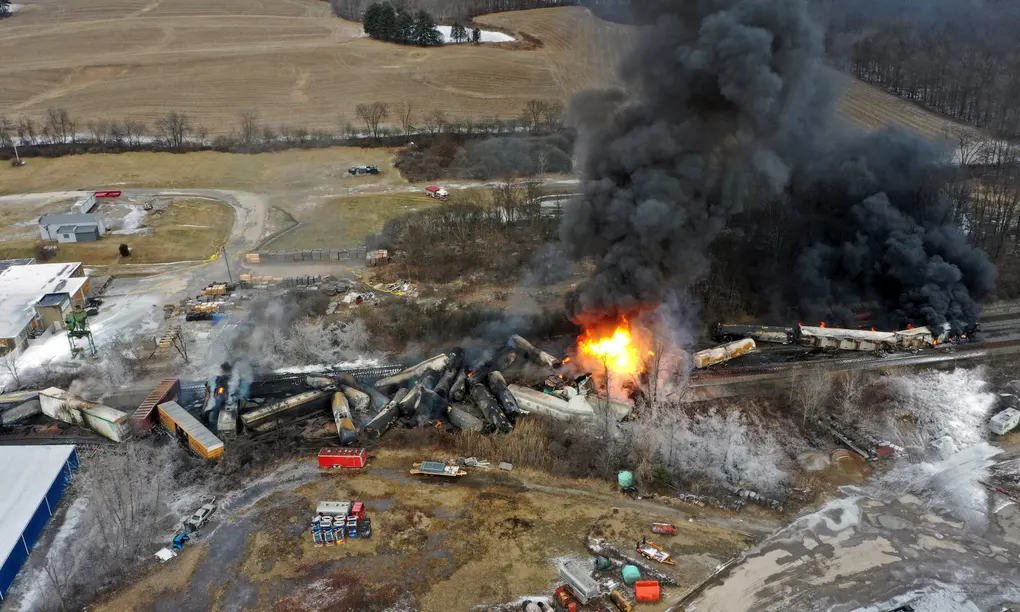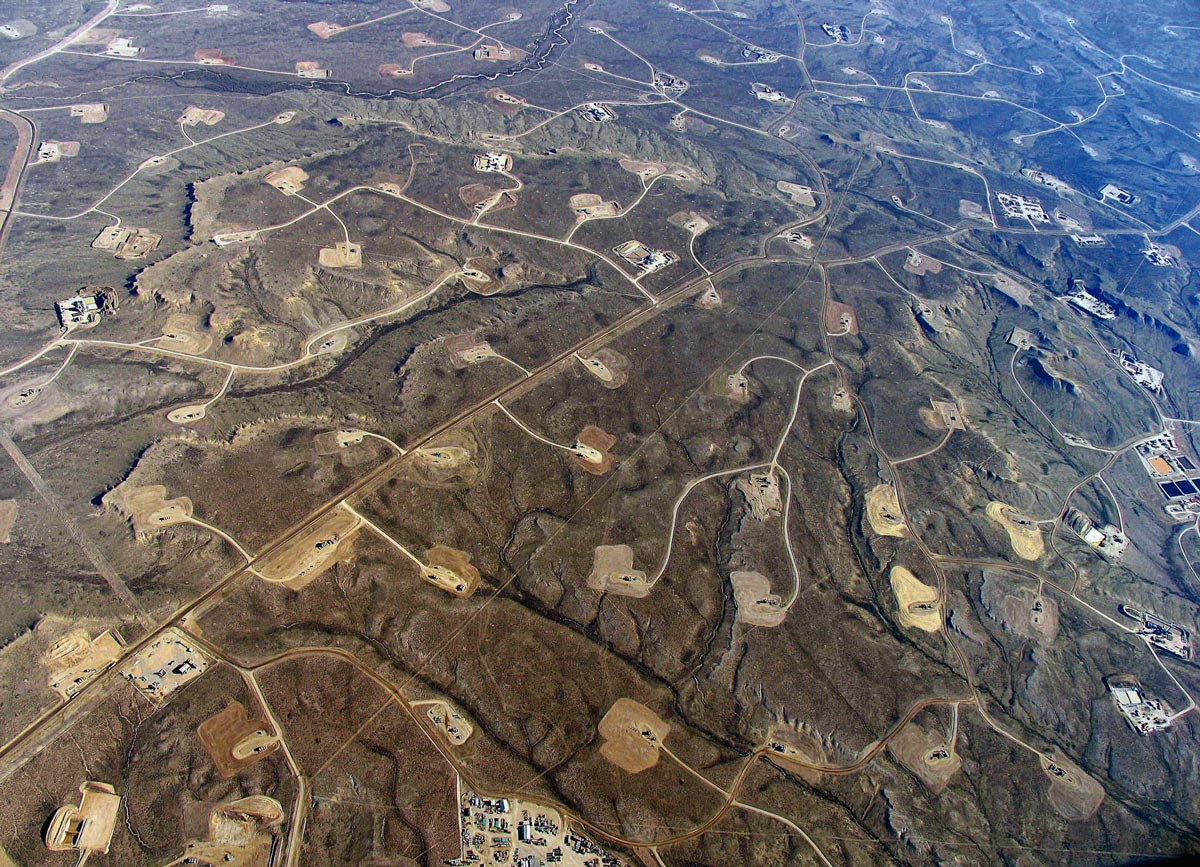"We want poppies," a cry to ban all pesticides now.
- On 5 October, thousands of people have concentrated in front of the municipalities of more than three hundred cities and towns of the French State to join the call "Nous voulons des coquelicots" (we want the Mitchins). The organizers of the campaign, which will last two years, are asking nothing: to ban all chemical pesticides and right now. The first Friday of each month will claim to remedy the disaster of biodiversity and the poisoning of human beings.

The reader of ARGIA via the internet would read “We Want Poppies” for the first time thanks to amikuztarra Martta Irigoien in the title of the chronicle that Environmental Minister Nicolas Hulot published on 26 September in the Parliament of France.
Irigoien presented the new campaign that aims to stir up France for two years, driven mainly by Fabrice Nicolino, the well-known writer and worker of the weekly Charlie Hebdo: “Once a month, everyone in their region wants to carry out a series of actions around pesticides, with the aim of gathering and sensitizing people.” On the first Friday, 5 October, thousands of people gathered at the gates of over 300 houses in the village and ten days later they had already obtained more than 300,000 signatures.
Learn “Nous voulons des coquelicots”, as it will not go unnoticed. To begin with, a brief manifesto calling for an immediate ban on all pesticides is worth translating them in full. “Pesticides are the poisons that destroy everything alive. It rains in morning dew, nectar of flowers and intestines of bees, umbilical cord of newborns, bird nest, milk of all mothers, apples and cherries.
Pesticides are a health tragedy. They cause cancers, Parkinson's disease, mental illness and mobility in children, sterility, congenital malformations. The effects of pesticides are underestimated by this crazy system, as it prefers to flee forward. When a pesticide is banned, ten others take their place. And there are thousands.
We can no longer know our country. Nature is deformed. A third of the birds have disappeared in fifteen years, half of the butterflies in twenty, thousands of bees and other pollinators die, frogs and grasshoppers seem destroyed, wild flowers have become rarity. Give us back our poppy and turnip flowers! Give us back the beauty of the world!
No, we do not want to go on like that. Not for anything. We demand protection. We call on our authorities to ban all pesticides in France. Not tomorrow. Now. Enough words: we want actions.”
The presence of chemical contamination is suffocating, although often invisible. After investigating the hair of 15 colleagues from the French weekly Charlie Hebdo, including Fabrice Nicolino, the chief driver of the manifesto, who was also wounded in the brutal attack suffered by the magazine, found between 34 and 50 traces of 140 pesticides to each person, in addition to the medicines used in agriculture, and the products used in the homes.
The alarm is extended to every corner. In the newsrooms, a study similar to that of Marie Claire, one of the best-selling journals in history, was recently commissioned for six of the writing children. “We wanted to measure the effect of the chemical bath that they suffer every day on our children. And the consequences leave no doubt: all children are infected, to levels that are often very worrying.”
Every child of Marie Claire's employees had 30 to 62 different chemical molecules: pesticides, preservatives, plastic pollutants, parabens, drugs ... These include those prohibited by law. We're not talking about acute, but chronic toxicity. That in these cases the dose is not harmful in the venom, but the frequency of the action of the toxic.
No poison, paralyze the venom industry
France is known as a sub-champion of Europe in the use of pesticides, and that is that Spain has only won it ahead. In the hexagon, the dispute over chemical pollutants has strength, but without seeing any concrete results. The Government launched the Ecophyto plan in 2008 with the aim of reducing pesticides by 50%... Increase of 12%!
“The tremendous speed of the disappearance of life is surprising,” says Fabrice Nicolino. A study conducted between the CNRS [equivalent to the Spanish CSIC] and the National Museum of Natural History has shown that in 15 years one out of three birds in France has disappeared. A German study, also valid for France, has shown that 80% of flying insects have already disappeared. (...) Everyone knows and at the same time nobody does anything. As spectators we are witnessing a catastrophe that threatens many living species and human health itself. I don't just mean the forests of Burma or the Galapagos Islands Sea, France has changed in these 50 years. Look at the butterflies, which today are seen very rarely in every corner when I was young, in every field.”
Recently, France has banned neonicotinoids, one of the main agents responsible for the disappearance of bees. But that does not comfort the proponents of the Manifesto “Nous voulons des coquelicots”: it has been many years until the ban, both the left-wing and right-wing governments have allowed the multinational Bayer to gain time to make their investments profitable and when they have finally banned it … the multinationals have dozens of new molecules occupying the place of the impediment.
“Before we are at war we have lost it if we do not question the system as a whole. Either we tie up the pesticide system or we condemn ourselves to continuous campaigns that we lose over and over again. It is an invincible system, rooted in the apparatus of the State, promoted by the Ministry of Agriculture and part of the research organization INRA, the agricultural union FNSEA...”
Beyond the collection of signatures, the Coquelians intend to mobilise five million citizens in two years, taking as their main action the concentrations that will take place on the first Friday of each month, with mobilisations that will be invented. And a clear goal: that the government outlaws all chemical pesticides. Are you going to get it? If it fails, the promoters are left with the consolation of having organized a great uproar. If it were possible, it would be terrible to outlaw a whole chemical activity in the heart of Europe... and could even be cited in the Basque Parliament.
“If society does not defend itself against the poisons that engulf it, it will be difficult to defend itself against the insane climate or the disappearance of biodiversity. And it will recognize all the consequences of the ecological crisis. That’s why we claim the need for a historic leap.”
Glifosatoa baliatzeko hamar urteko luzapena babestu du Europako Batzordeak. Herbizida gisa munduan gehien erabiltzen den produktu kimikoa da, eta potentzialki minbizi sortzaile izateagatik ezaguna da.
Uztailaren 12an New York Times-ek argitaratu zuen: “AEBetan fracking enpresak kiebra jotzen ari dira, iturrien inguruetan bizi direnei utziz pozoi arriskutsuzko kutsadurak eta herritar guztien bizkar hauek garbitzeko kosteak”. Kronikaren hasieran honako kasu bat... [+]






















